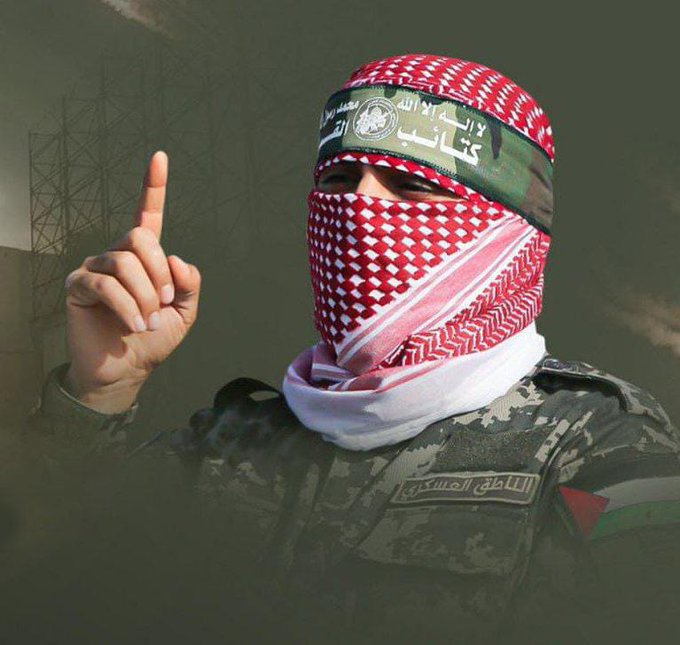Revive the Khilafat
Join us in ending oppression and injustice against Muslims worldwide.


United for Justice
★★★★★
Khilafat (Caliphate) is the divinely ordained system of governance in Islam where the leadership of the Muslim Ummah (global Muslim community) is entrusted to a Khalifah (Caliph), who is chosen to uphold and implement the guidance of the Qur’an and Sunnah in all aspects of life. It is not merely a political office but a spiritual, moral, and administrative responsibility to ensure justice, maintain law and order, protect the rights of all citizens regardless of faith, and spread Islamic values across society. The Khalifah is considered the successor of Prophet Muhammad ﷺ in leading the Ummah, though not in prophethood, and his authority is derived from consultation (Shura), accountability to the people, and adherence to divine law rather than personal power or hereditary monarchy. The Khilafat represents unity and collective leadership, transcending borders and ethnic divisions to bind Muslims under one system of justice and equity. Historically, the first Khilafat was established in 632 CE after the Prophet ﷺ’s passing, led by Abu Bakr as-Siddiq (RA), followed by the Khulafa-e-Rashideen (Rightly Guided Caliphs) who set the gold standard of governance based on humility, service, and fairness. The system continued through various Islamic empires, serving as the political and religious backbone of Muslim civilization for centuries. In essence, Khilafat is not just a government but a divine trust (Amanah) that ensures the moral and spiritual growth of society, economic stability, defense of the Ummah, and preservation of justice, reflecting Islam’s comprehensive way of life.
Reviving Khilafat for Justice
We are a global movement dedicated to reviving the Khilafat, advocating for the rights of oppressed Muslims worldwide, and calling for unity against injustice.


Join Our Movement
Stand Against Oppression
For 1400 years, Khilafat has been a beacon of justice and peace. We invite all Muslims to rise and reclaim our legacy, standing with those suffering injustice across the globe.
Reviving Khilafat
Join us in the movement to end oppression and restore justice for Muslims worldwide.


Global Advocacy
Standing with oppressed Muslims in Myanmar, India, and beyond.
Community Engagement
Mobilizing Muslims to unite against injustice and support each other.
Educational Outreach
Raising awareness about the historical significance of Khilafat and its impact.
Khilafat Overview
What is Khilafat?
Khilafat refers to the Islamic caliphate, a leadership system established after Prophet Muhammad's passing.
Why is it glorious?
It is considered glorious due to its historical significance in uniting Muslims and promoting justice and governance based on Islamic principles.
Who were the caliphs?
The caliphs were leaders of the Muslim community, starting with Abu Bakr, Umar, Uthman, and Ali, who shaped early Islamic history.
What is its significance?
Khilafat symbolizes unity among Muslims and represents the ideal governance model in Islam, promoting peace and justice.
How did it end?
The Khilafat ended in the early 20th century due to colonial pressures and political changes in the Muslim world.
What lessons can we learn?
We can learn about the importance of unity, justice, and adherence to Islamic values in governance and community leadership.

Contact Us
Join our movement to revive the Khilafat.
Khilafat
Join us in reviving the Khilafat.
rizwan@muznagroup.com
+91-7972998736
© 2025. All rights reserved.

